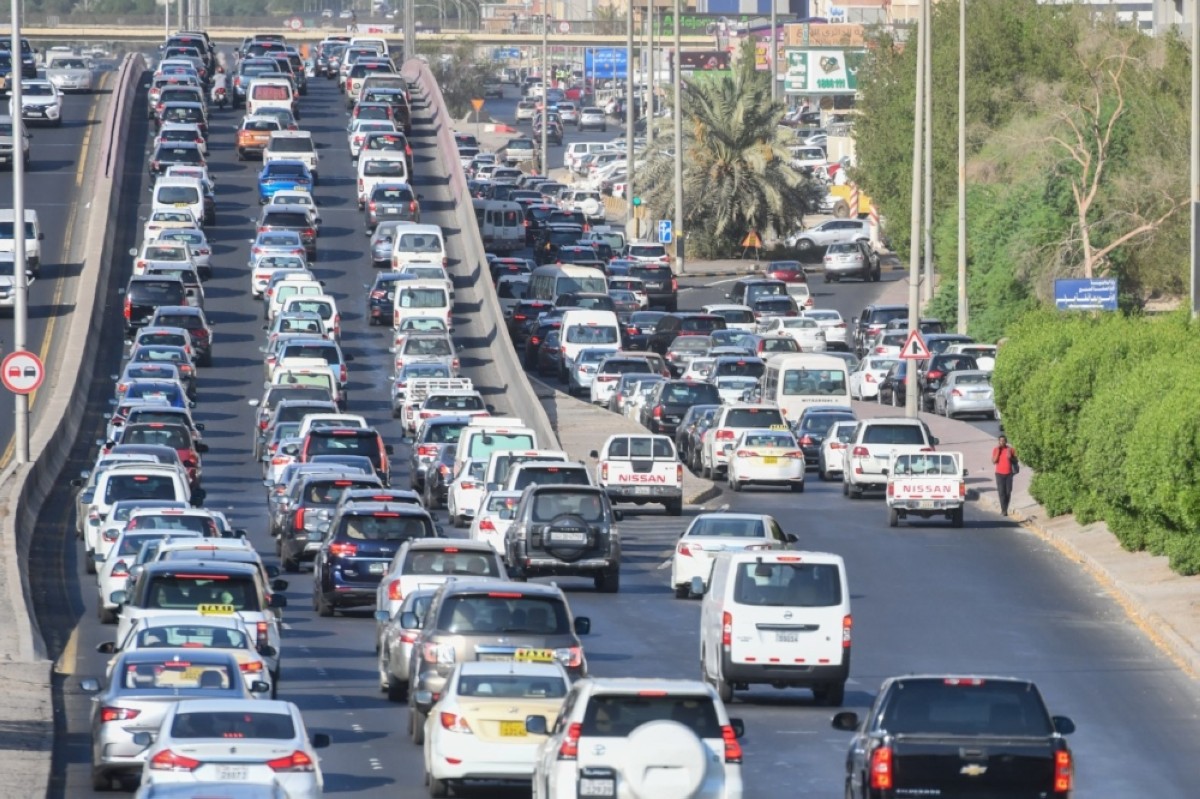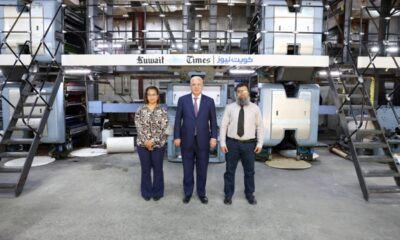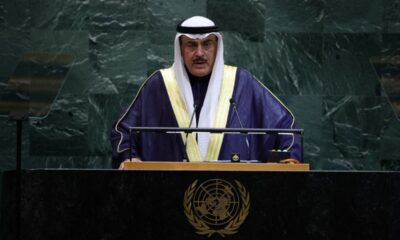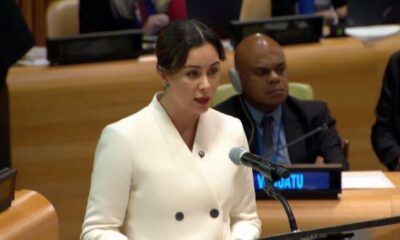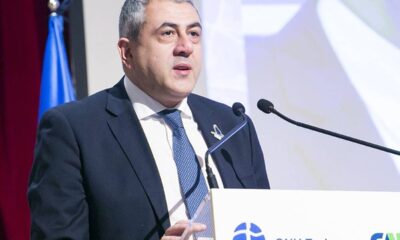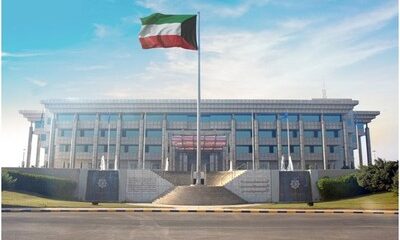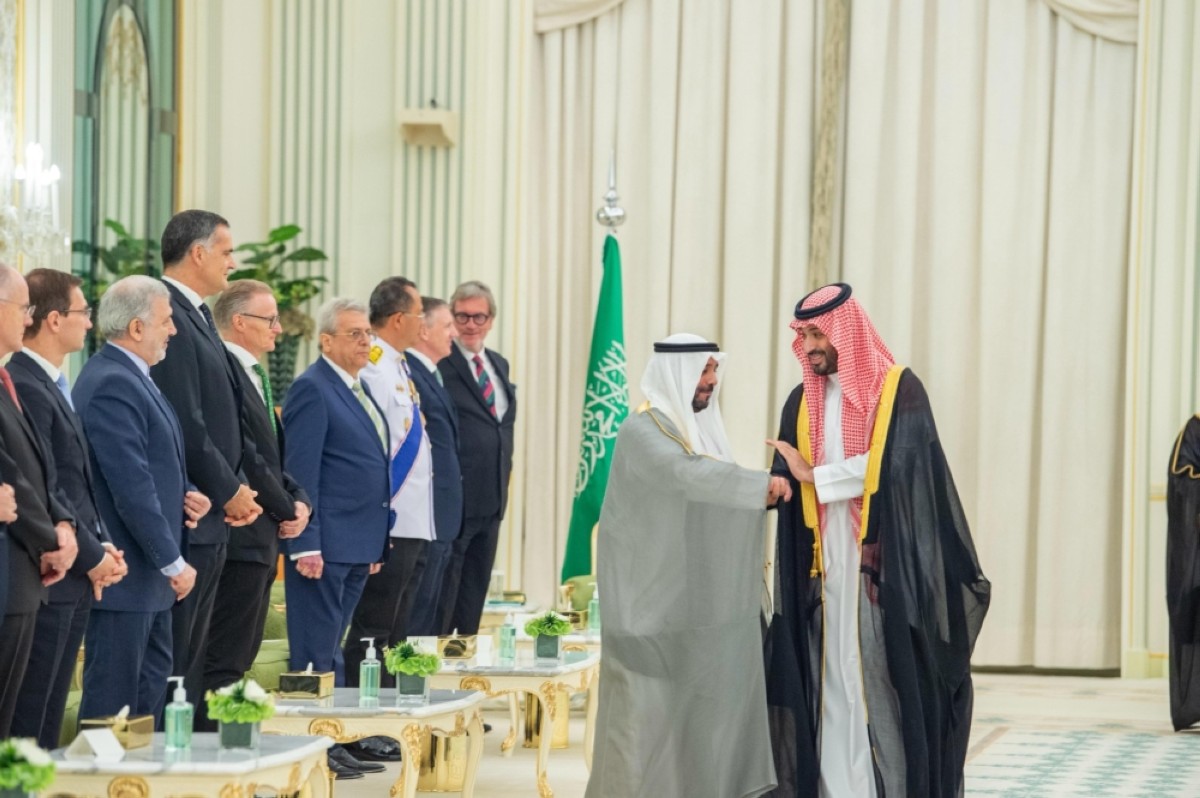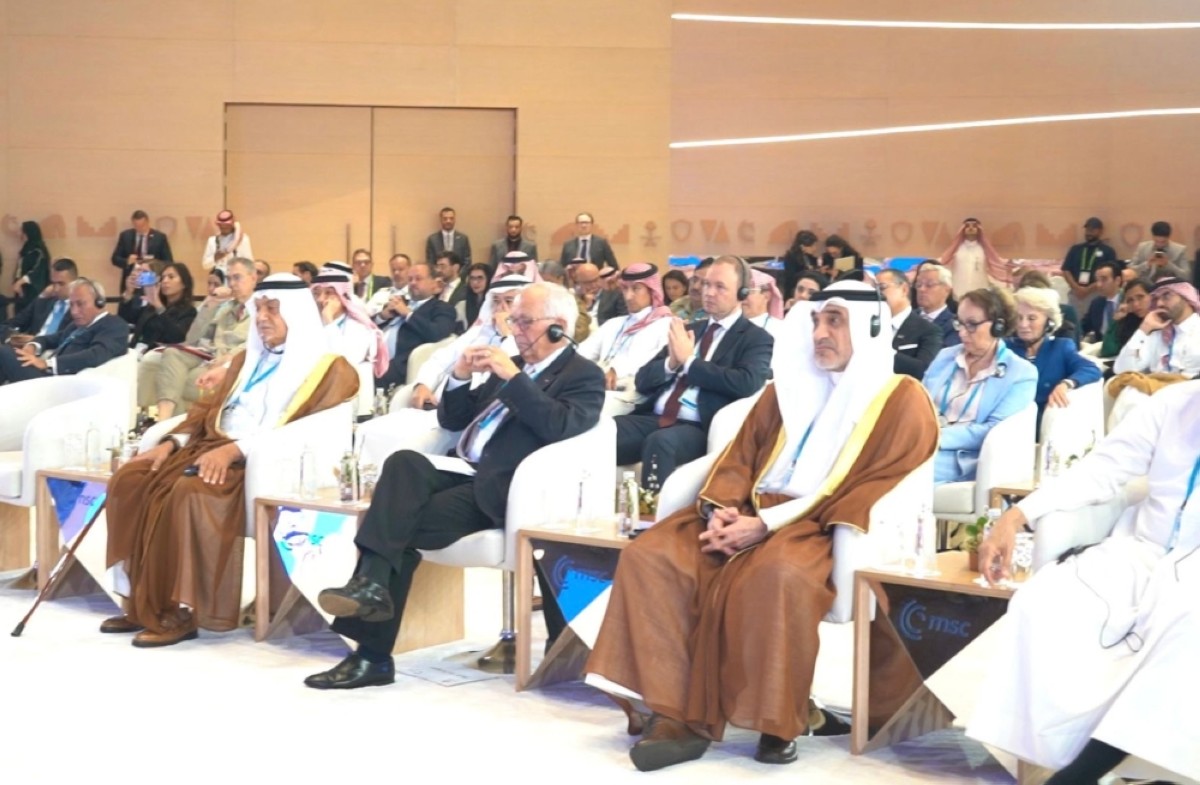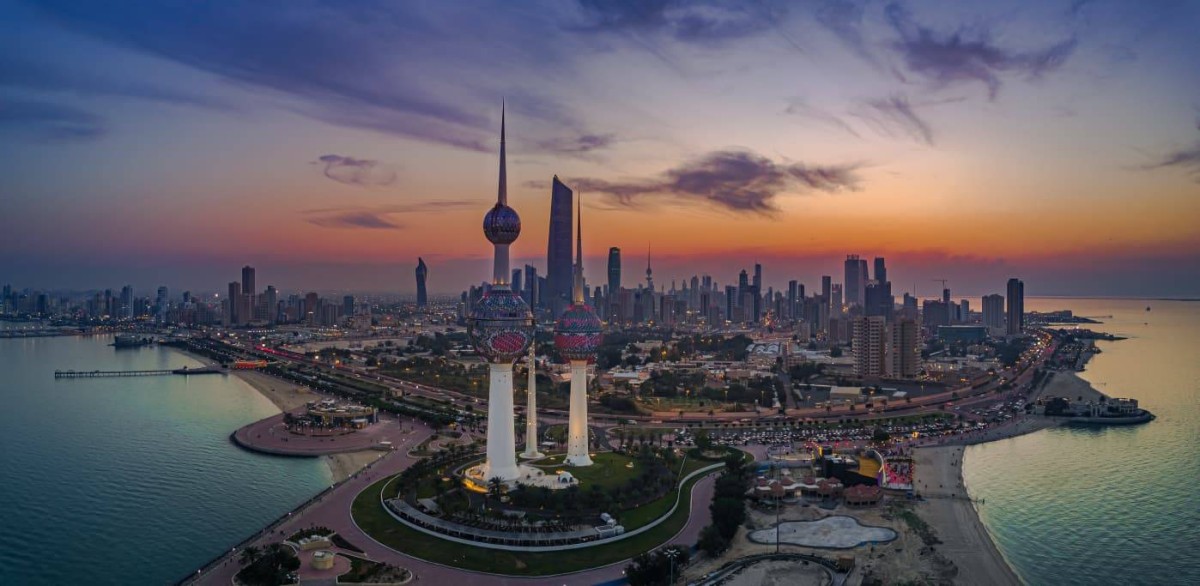KUWAIT: Kuwait’s roads are cracking under pressure—literally and figuratively. From deteriorating asphalt to heavy congestion, road and transportation engineer Abdulmuhsen Alqunaie outlines the country’s biggest infrastructure challenges—and the solutions that could fix them.
Alqunaie began by comparing Kuwait’s road congestion to a house designed for three people suddenly being inhabited by seven. “When we design roads, the first critical step is conducting traffic and population analysis and study,” he explained. “We look at every detail—the number of malls, the number of houses, the grocery stores, the pharmacies. We analyze the traffic growth for the following 20 years and more.”
He stressed that once a master plan is finalized, adherence is key. “Let’s say I have a block with one pharmacy, a barbershop and three houses. I will study the area and say, well, we need two lanes here and a roundabout there. Twenty years later we can’t have someone change the barbershop to a popular pizza place. If we do, then we would have to flip the entire map,” he said. “One small discrepancy impacts everything.”
Kuwait’s centralization of government and business operations—particularly in Sharq, Mirqab, and Jibla—also plays a major role in pressure points forming on roads like the 1st Ring Road and highways 30, 35, 40, 50, 80, and 85.
“The entire country is commuting there,” he said, calling for a decentralization strategy. “We need a secondary business hub in Kuwait where most of the heavy offices can be relocated. Carrying one gallon of water is difficult, but if we split it into one-liter bottles, it’s easy to carry it bit by bit.”
Road design sketches created by Abdulmuhsen Alqunaie as he envisions solutions to Kuwait’s road woes.
A sketch created by Alqunaie which reimagines Road 225 in Mina Abdullah with bike lanes and sidewalks.
A section of a road showing surface cracks, a common issue in Kuwait.
Material matters
Alqunaie also cited asphalt quality as a concern. “We are not adjusting to the reality we live in, particularly with the rising heat waves and sandstorms,” he said. He advocated for Kuwait to adopt the ‘Superpave method’, an asphalt design approach, over the widely used ‘Marshall method’. ‘Superpave’ allows for tailoring asphalt for better performance and longer life based on a geographical area’s temperature extremes, traffic loads, and utilization of the road or highway.
“Superpave involves filling every gap with aggregate pieces, essentially preventing any empty void. But it’s not really used in Kuwait and it would need proper parameters and standards to be perfected.” But asphalt type alone isn’t enough. “We also need very detailed traffic studies that are particular with the size of heavy trucks and buses. All these factors are important to the quality of the road.”
On maintenance, he praised the ‘Abu Dhabi Pavement Strategy’, which mandates inspections every two years and resurfacing every five to ten years. “Mill and overlay involves removing the top five-centimeter layer and then replacing it with fresh asphalt. Later on, full reconstruction happens every 20 years depending on the situation.”
One of the most visible issues—gravel scattering during rainfall—has a simple but often ignored cause: low bitumen content. “The bitumen acts like glue. If it’s less than required, there’s nothing holding the aggregate together. One rainfall, and it all washes away.”
He also criticized rushed road patchwork that skips crucial steps like tack and prime coats. A prime coat protects the soil under the road from moisture loss, while a tack coat promotes bonding between existing and new asphalt layers. “They’re like the cheese holding the burger patty with the bread,” he said.
Why projects stall
Alqunaie pushed back on a common public assumption that road delays are always the fault of either the contractors or the authorities. “I keep hearing people blaming the contractors or the authorities, but I want to assure you that that’s not the case. Some things are difficult to control, and that’s natural.”
“Let’s say we agree to start at 6 am Monday and finish in two weeks. If one step falls off schedule, the entire operation is compromised,” he said. “It’s like a restaurant. If the server is late, the food’s late. If the janitor is sick, the restaurant isn’t presentable.” He quoted a proverb he believes applies to roadwork: “By failing to prepare, you are preparing to fail.”
Turning to pressing needs, Alqunaie urged immediate attention to bridge rehabilitation. “We need inspections, then rehabilitation measures. We need to galvanize the steel with zinc and take detailed traffic studies to understand weight loads.” He also recommended smart traffic light systems in Kuwait City, Salmiya, and Hawally. “We need proper detection and timing technologies.”
Plans for walking, cycling
Asked about long-term priorities, Alqunaie said the Ministry of Public Works should focus on urban mobility and public engagement. “The ministry has been on a great and impressive path, lately. They have shown great progress with recent road repairs like Highway 30. However, one thing I would advise is we need to strengthen the overall planning organizational sequence.”
Inspired by projects in Abu Dhabi and Doha, he called for integrated transport networks: bike shares, scooters, sidewalks, and a revived metro plan. “The key isn’t just building these networks but convincing the public to use them—maybe even rewarding them. That could drop traffic by 20 percent.”
He dismissed the idea that Kuwait’s weather rules out walking and cycling. “Countries with severe rainfall and snowstorms still have people walking and biking. With proper shading and environmental control, I am optimistic.” He noted that small details matter too. “The quality of paint used for arrows, the type of reflectors, the presentation of bus stops. It’s all part of the same picture.”
Lessons from abroad
Drawing on years of transportation work in the United States, Alqunaie emphasized two key takeaways: perspective and strategy. While at Keolis Commuter Services in Boston, he helped digitize decades of rail system records. “It made things easier for the future of the railroads.”
At Boston Public Works, he contributed to bridge rehabilitation and public outreach. “We passed out flyers on car windshields to notify drivers about closures—better than phone notifications.”
At MassDOT, he worked on making streets safer and more accessible. “We worked on improving streets for cyclists and wheelchair users. Everything was digitized and connected through one database and software.” And sometimes, the job meant getting hands-on. “I stood at an intersection on a cold November night for two hours with a pencil and clipboard, just to take traffic counts.” In a country facing mounting infrastructure challenges, Alqunaie’s insights paint a picture of what could be achieved through clear planning, technical discipline, and public engagement.





